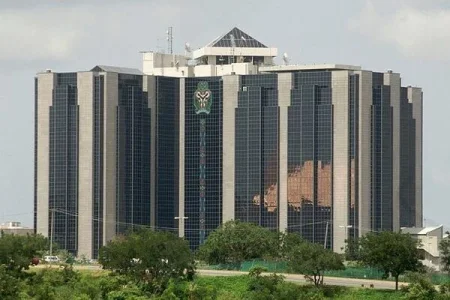
Explore the Central Bank of Nigeria's decision to extend the suspension of cash deposit fees amidst backlash over the cybersecurity levy. Learn how this impacts individuals and corporations, shaping financial strategies in Nigeria's evolving banking sector.
The Central Bank of Nigeria (CBN) has announced an extension of the suspension of processing fees on cash deposits within specified thresholds, aiming to alleviate financial burdens on individuals and corporations.
The suspension, initially introduced on December 11, 2023, exempts cash deposits above N500,000 for individuals and N3 million for corporates from the two and three percent charges until September 30.
This extension follows public outcry over the newly proposed 0.5 percent cybersecurity levy on electronic transactions, slated to commence two weeks from May 6. The levy is to be applied at the point of electronic transfer origination, with deductions reflected in customers' accounts as "Cybersecurity Levy." While exemptions include certain banking transactions like loan disbursements and salary payments, concerns arise over additional financial burdens as the cybersecurity levy is imposed alongside existing bank charges.
For instance, a transaction of N1,000 incurs a charge of N500, adding to transfer fees, stamp duty, SMS charges, and VAT. The announcement sparks debates over the impact on consumers and the broader economy, as stakeholders navigate the complexities of financial regulation and taxation.
Amidst evolving regulatory landscapes, the CBN's decision to extend the suspension offers temporary relief, yet challenges persist in balancing financial inclusivity with cybersecurity measures.




